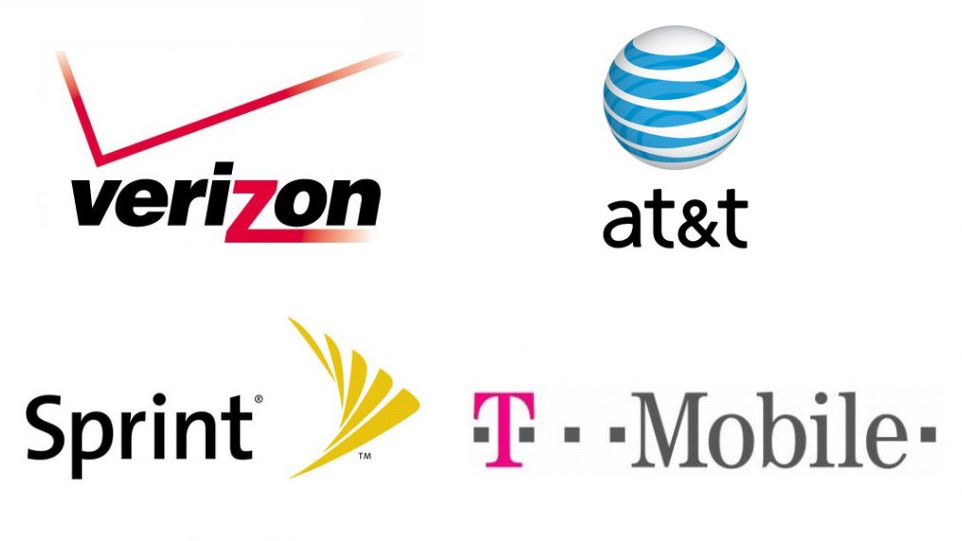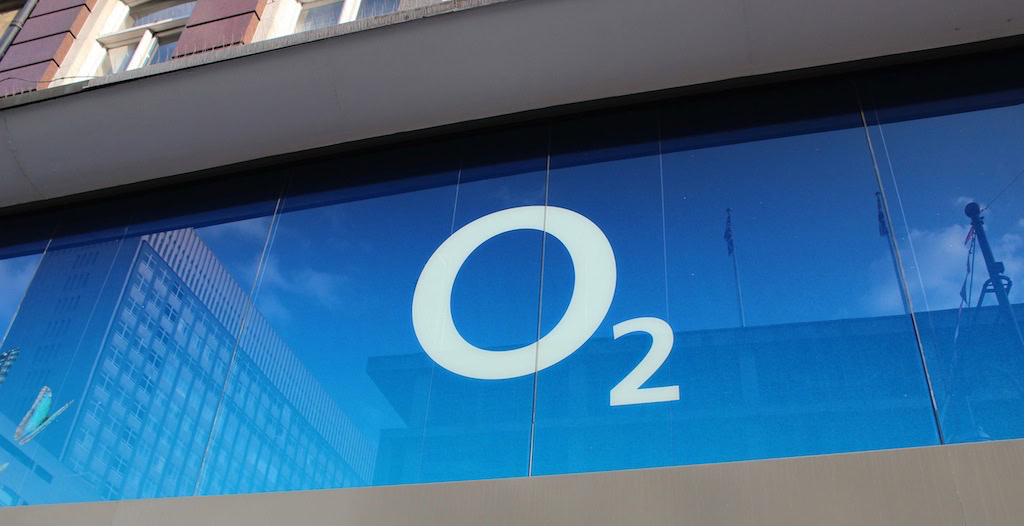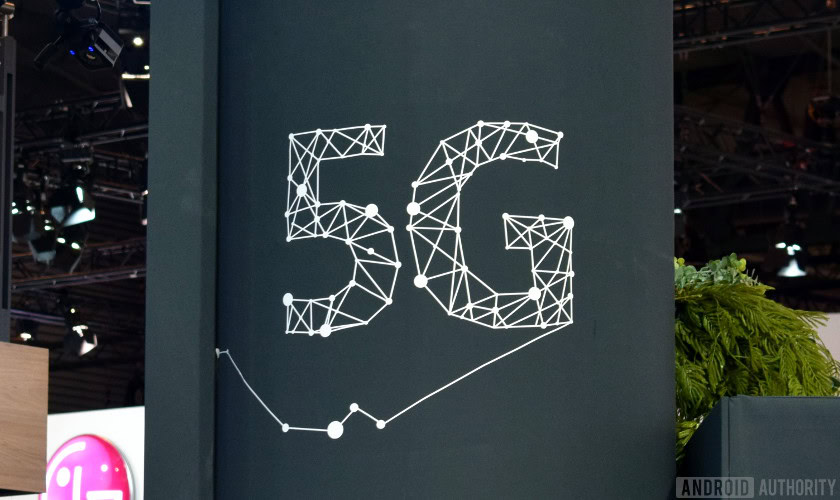Affiliate links on Android Authority may earn us a commission. Learn more.
Google rep thinks spectrum auctions are ‘self-defeating,’ slow innovation
Published onMay 4, 2018

- The principal wireless architect at Google, Preston Marshall, went on a tirade on stage regarding the current model of wireless spectrum auctions.
- Marshall believes the current system drives prices up for consumers, stifles innovation, and slows progress.
- He has a proposed fundamental reimagining of the spectrum model.
During a presentation at the Dynamic Spectrum Alliance (DSA) in London, via Mobile World Live, the principal wireless architect at Google delivered a scathing tirade against the current business model involving wireless spectrum.
Preston Marshall, who according to his LinkedIn profile has worked for Google for over five years, called the current business model a “self-defeating strategy” and said that he wants to “fundamentally change” the utilization of wireless spectrum.
For wireless devices like smartphones to connect to the internet, they need to transmit data packets through radio frequencies. To keep traffic on radio frequencies regulated, governments around the world claim ownership of specific wavelengths. Certain frequencies are designated as commercial frequencies, and the government leases access to wireless companies.

The pricing for access to the frequencies is enormous because governments auction them off rather than selling them for a fixed price. Since companies with deep pockets like Verizon and AT&T are fighting for access, wireless spectrum costs millions of dollars.
Government agencies greatly benefit from these auctions. However, Preston Marshall is of the opinion that this business model is “messing your national economy up to get a short-term infusion of cash.”
He continued to say that the money companies like T-Mobile spend on spectrum access is “only passed on to consumers, and the lack of spectrum available to create the scarcity becomes an obstacle to bandwidth.”
Because wireless providers have to pay millions for spectrum, we the consumers have to pay more to cover that expense.
In other words, the reason our mobile phone bills are so high is because we have to give companies enough money to afford access to the spectrum. It’s a roundabout way for governments to use companies to earn money directly from consumers without having to actually do anything other than say, “Sorry wireless carriers, but you have to pay for this.”
Since governments trickle out access to spectrum to create an artificial scarcity – thus making the millions-of-dollars spent seem worth it – innovation within wireless spectrum is stunted, according to Marshall.

Marshall says that he has a new model for spectrum in mind that does away with the current model entirely. His proposed model changes spectrum from being regulator-driven to market-driven, which opens up spectrum access to companies that as of right now could never afford it. This, according to Marshall, would spark innovation and investment.
Marshall’s primary concern is that 5G will drastically change the game once it is available on a broad scale. With the current spectrum auction model, new startups will face tough roadblocks innovating products that utilize 5G connections in new and exciting ways. According to Marshall, the current spectrum model could slow 5G innovations to “15 years when it could happen in five.”
While it’s unlikely that governments would give up their cash cow so easily, it is interesting to hear these controversial opinions from someone who represents such a prominent company as Google. What do you think? Is the wireless spectrum auction system stifling growth? Or is it helping to keep our bandwidth from being overrun with congestion? Let us know in the comments!